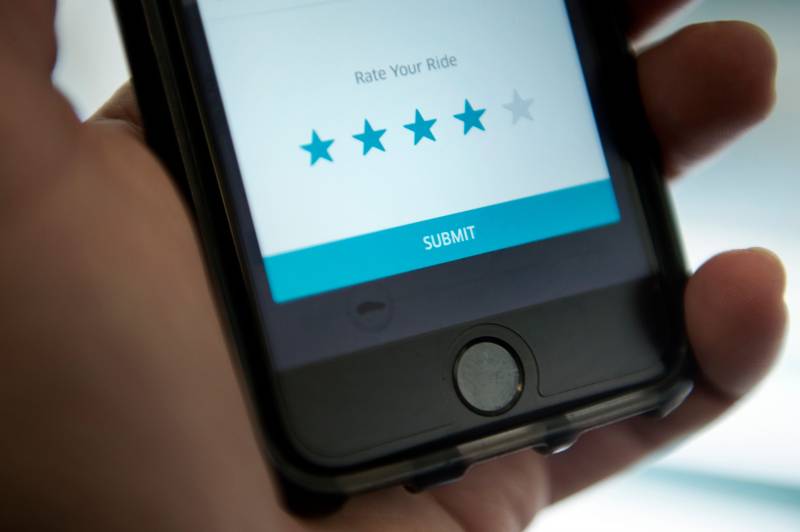For almost a decade, on-demand services like Lyft, DoorDash and Instacart have allowed customers to rate and tip workers with just the tap of a finger. Even though it has been almost a decade, we still have no idea how much this allows customer bias to hurt Black and brown workers.
While rating workers on an app is new, it’s just the latest system companies have devised to allow customers to impact pay or promotions. If their ratings aren’t perfect, workers can lose income, or even their job, and there’s mounting evidence these systems allow bias to hurt workers of color.
How Restaurants Paved the Way
Long before apps entered the picture, tipping established a way for consumer bias to impact worker pay. Michael Lynn, a professor of consumer behavior at Cornell University, said he has long suspected bias influenced tips.
“I believe that we have an implicit bias against people of color in this country, and I believe those implicit biases are likely to impact tipping,” Lynn said. But over and over again, he’s come up against a major hurdle in proving it.
“I’ve asked a lot of different companies to give me data,” Lynn said. “But there’s no interest on their part in finding out because it doesn’t benefit them. If there is racism, that puts them in a bind, and it’s worse when there is racism and they know about it.”
That said, Lynn was able to get some data to run a small study on waiters in 2008. He found that customers did indeed give workers of color lower tips.

